Episodes
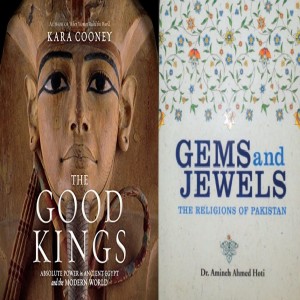
Wednesday Apr 13, 2022
Wednesday Apr 13, 2022
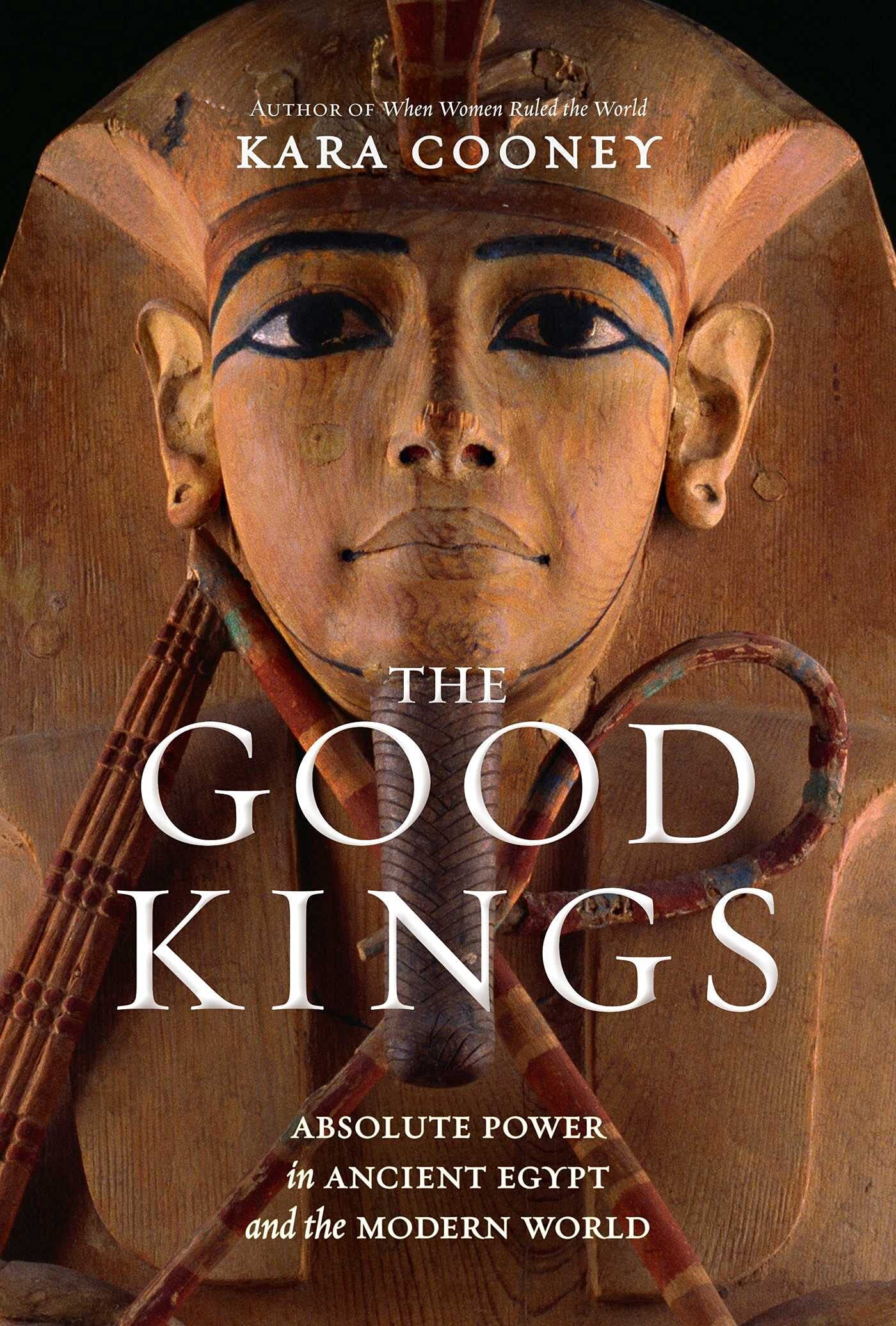
On this edition of Parallax Views, famed Egyptologist (or as she puts it "recovering Egyptologist") Dr. Kara Cooney of UCLA joins us to explore her fascinating book The Good Kings: Absolute Power in Ancient Egypt and the Modern World. Dr. Cooney describes herself as a recovering Egyptologist in order to consider the ways in which the cultural phenomena of Egyptomania may have a dark side that romanticizes and uncritically celebrates power. We discuss this as well as the parallels between King Ramsey II and Donald Trump, Orientalism, universalism vs. particularism, the problem of the Ancient Aliens narrative about the Pyramids (and why the Pharaohs would like that view), ancient Egypt's superiority complex and exceptionalism, the Pyramids as a weapon of the mind utilized by the kings, power and images, the Confederate Statues debate and how we can relate it to The Good Kings, the lamentations of the dead that take place in upper Egypt, who were the ancient people of Egypt beyond the Pharaohs (for example those who actually built the pyramids), the concept of Ma'at (related to truth and order) in ancient Egypt and its personification as a goddess, David Graeber and The Dawn of Everything, Pharaohs and authoritarianism (and autocracy), the Supreme Court and religion, and much, much more!
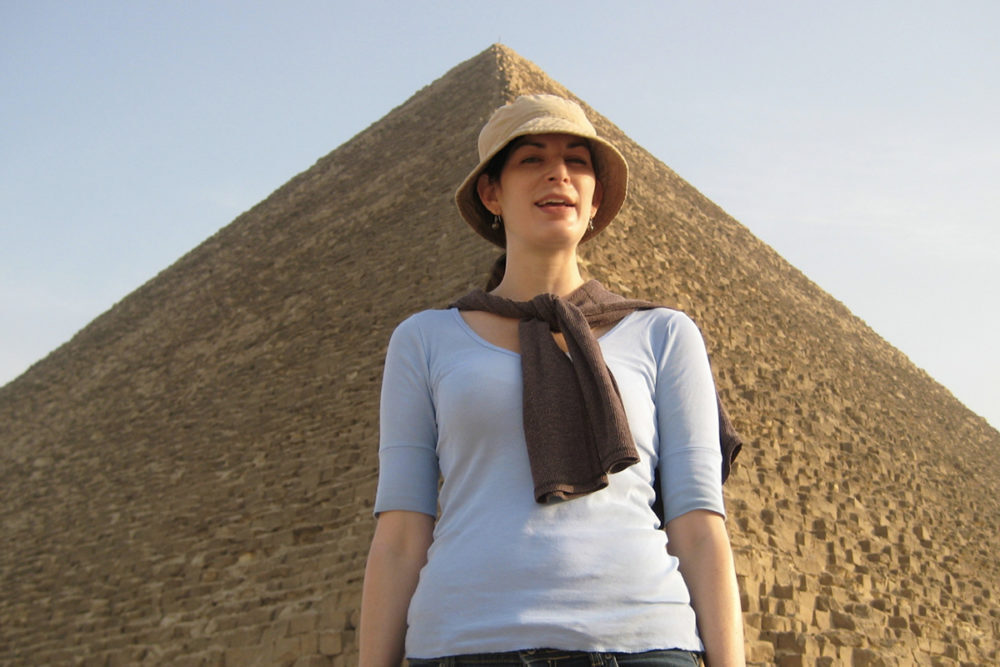
Dr. Kara Cooney in front of one of the Pyramids in Egypt
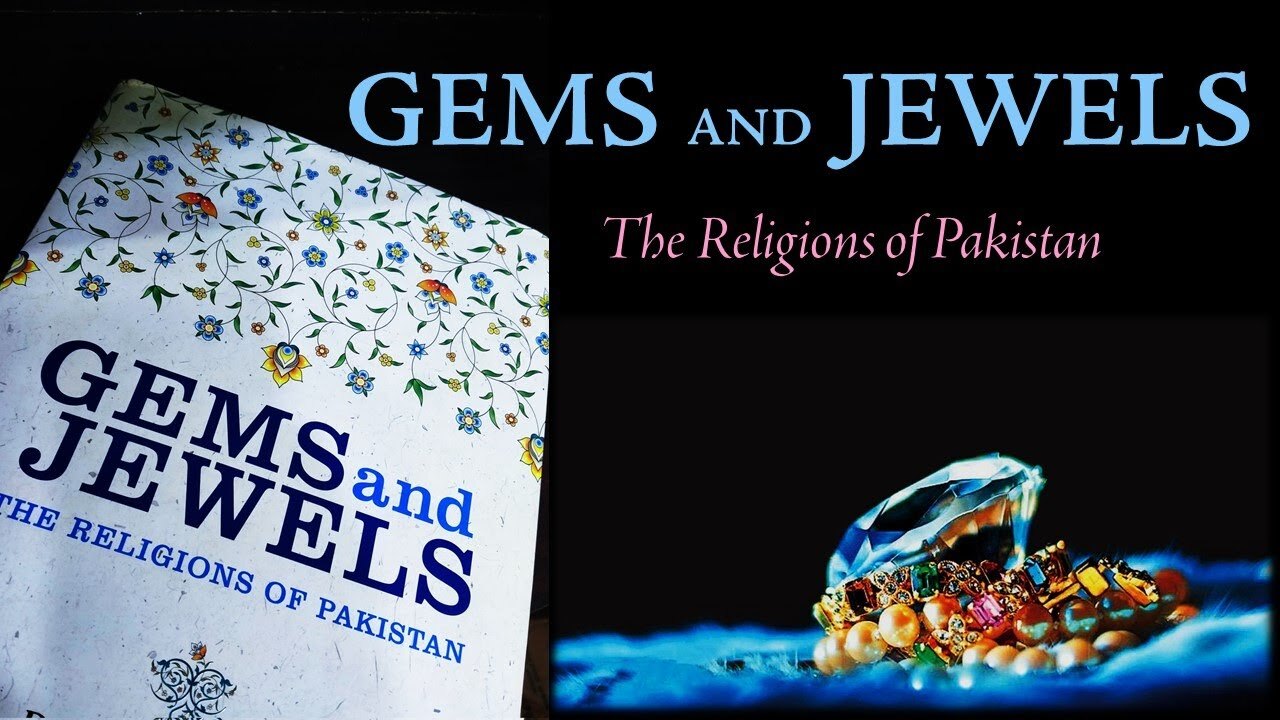
In the second segment of the show, Dr. Amineh Hoti, executive director of the Centre for Dialogue and the co-founder of the first Action and Centre for the Study of Muslim-Jewish Relation at the University of Cambridge, joins us to discuss her fascinating new book Gems and Jewels: The Religions of Pakistan. Like her father, previous Parallax Views guest Ambassador Akbar Ahmed, Dr. Hoti has sought to bridge the gap of understanding between the East and West by fostering interfaith dialogue and understanding between different cultures and their religions. In this conversation we discuss such issues as Islamophobia and its impact; Jains, Buddhists, Zoroastrianism (and the Parsi faith), Hindus, and other non-Muslim religious communities in Pakistan; Dr. Hoti's experiences teaching students who began as intolerant towards faith different than their own; Dr. Hoti's overcoming of cultural misogyny, chauvinism, and sexism and how Islam is for education of both women and men; the Sufi saint and poet Shah Abdul Latif Bhittai; how interfaith dialogue strengthens faith rather than degrading it; the 9/11 terrorist attacks and the effect it had on both the Muslim community and humanity as a whole; misunderstandings about Pakistan and the stereotypes of "the Other"; Sufism; the Orientalist romanticization of Sufism in the West; Ahuru Mazda, Zoroastrianism, and the misperception of the Parsi community as "fire worshippers" in Pakistan; Taxila and the deep roots of Buddhism in Pakistan; the Sikh community in Pakistan, the importance of Pakistan to Sikhism, and the story of Baba Guru Nanak; the temples; the temples of the Sindh province of Pakistan; Katas Raj Temples and the body of emerald green water beside it; meeting the Christians of Pakistan in Karachi at the St. Patrick's Cathedral on Christmas Day; the Sufi saints of Pakistan and writings like the Kashf Al-Mahjub; the love stories of Sufism; how the media presents religious communities to each other and how it leads to monolithic views of those religious communities; the Abrahamic God in Islam; Muslim-Hindu unity; the United Nations and the concept of soft speech vs. hate speech; and much, much more!
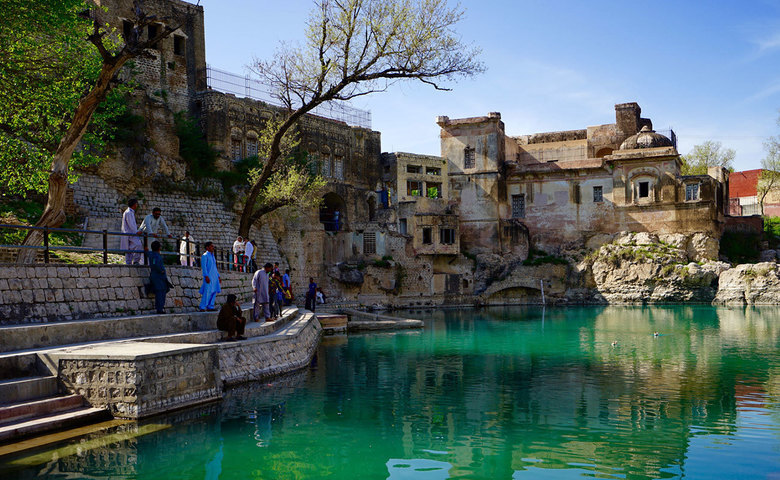
The Katas Raj Temples and the body of emerald, green water beside it


No comments yet. Be the first to say something!